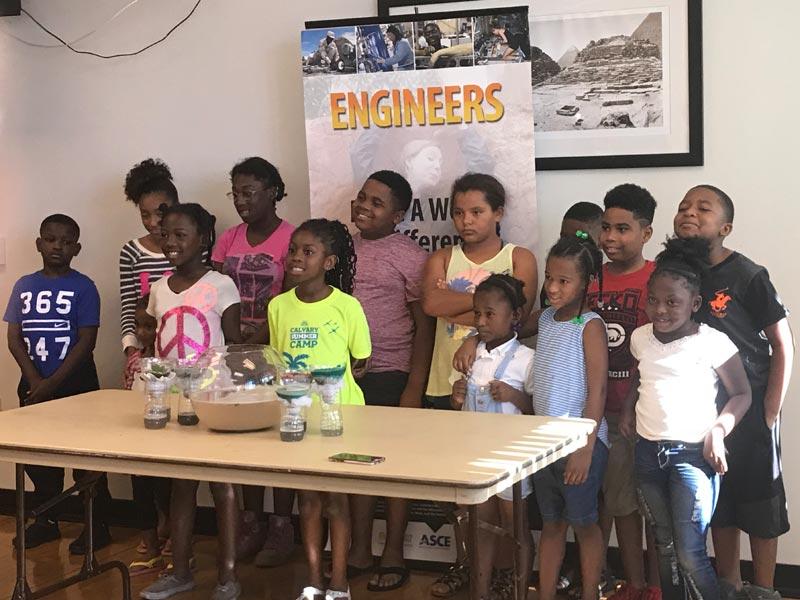An Embodied, Augmented Reality Coding Platform for Pair Programming
Augmented reality (AR) allows the real world to be enhanced, or augmented, by computer-generated objects that are “added” to the real world. For example, a clothing store may use AR to allow a customer to “see” how clothes would look on them before they are purchased. This project at University of California San Diego will use AR to create an environment in which students can practice pair programming in an AR environment. Pair programming is a software development technique in which two programmers work together at one workstation, on the same piece of code.
